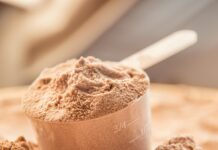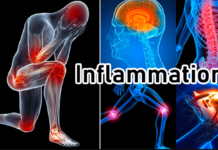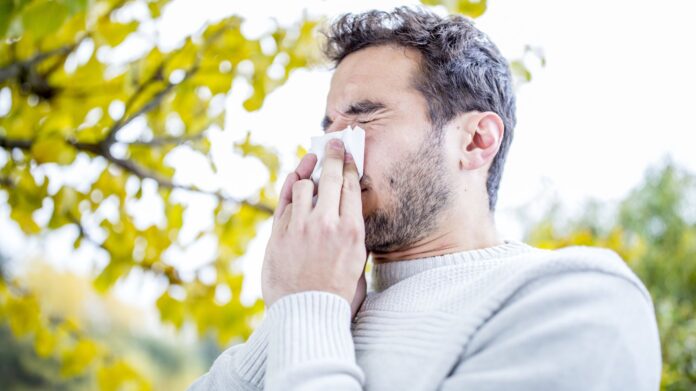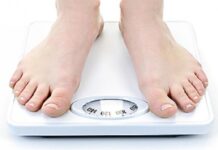Allergies are quite frequent. Since many people around the world have different kinds of allergies such as pollen allergies, sometimes known as hay fever, food allergies, and allergic asthma. These allergies are also sometimes known as Atopic disorders.
Atopic disorders are a set of allergic-related ailments that include hay fever, eczema, and dermatitis. According to research, those with atopic disorders had a 25% decreased chance of developing Covid. People with atopic illness and asthma have a 38% reduced risk than those who do not have these symptoms. Separate research found that persons with food allergies were 50% less likely to get Covid.
How does this happen?
It was first considered that those with allergies were less likely to get Covid because they were more separated from others. This might be true for asthmatics because they were instructed to protect early in the epidemic.
However, this cannot be stated for the vast majority of atopic illnesses, such as eczema. And, contrary to popular belief, persons with food allergies do not, on average, dine out less. In fact, studies conducted during the pandemic found that homes with food allergies had only marginally lower levels of exposure in the community when compared to other households.
SARS-CoV-2 (the virus that causes Covid-19) infects the body by attaching to a particular protein called the ACE2 receptor. This protein serves as the virus’s entrance site into a variety of human cells.
Higher levels of ACE2 receptors are linked to an increased vulnerability to Covid infection. People who smoke, have diabetes or have high blood pressure (all of which are linked to an increased risk of severe Covid) have more ACE2 receptors.
Meanwhile, type 2 inflammation, a natural immune response that can occur in response to infections or parasites but also occurs mainly in allergy situations, has been demonstrated to lower ACE2 expression in the airways. This reduces susceptibility to infection and is thought to be the fundamental reason why those with allergies tend to have a decreased chance of contracting Covid.
There are a number of additional variables that may help to reduce the risk of Covid infection in allergy sufferers. People with asthma, for example, create more mucus than others, which is thought to hinder SARS-CoV-2 from entering the airways.
The assumption about people with Allergies getting Covid
Because viral illnesses typically worsen asthma, it was hypothesized at the start of the pandemic that patients with asthma were more likely to get severely sick from Covid. However, it is now well known that moderate or well-controlled asthma does not raise the risk of severe illness with Covid. Furthermore, there is little indication that more severe asthma increases the risk. Atopic illness is also not considered a risk factor for severe Covid.
If you have additional disorders in addition to asthma or allergies, you should be informed that this might make Covid worse.
Prevention is still essential. Vaccination, adequate facial covers, and physical separation remain the most effective measures to avoid Covid infection.
Meanwhile, if you have allergies, you must have an allergy management strategy. Check that your treatment plan is up to date and that you have drugs on hand in case you require them.

















